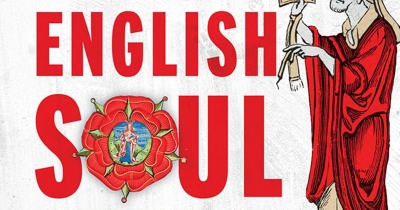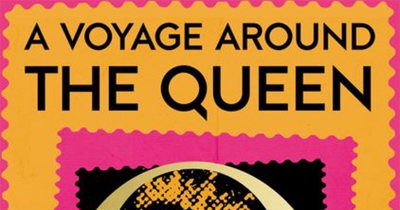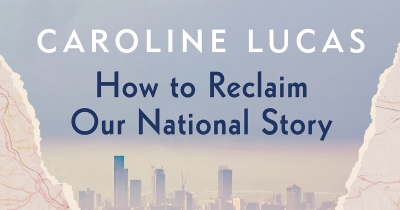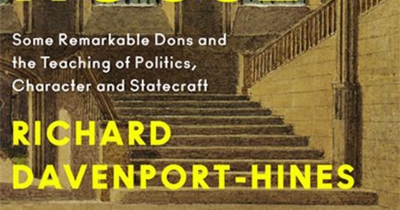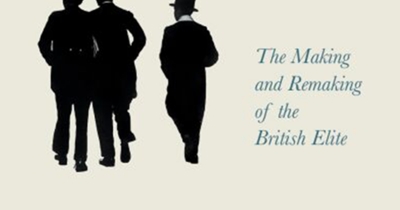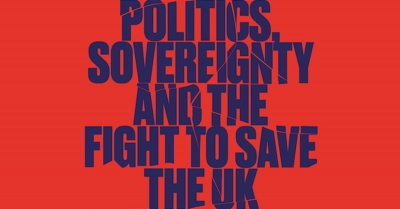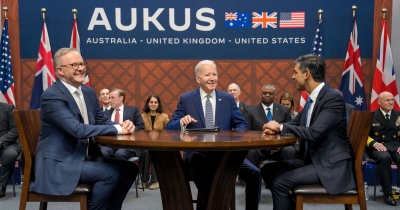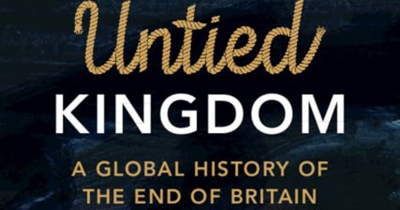United Kingdom
The English Soul: Faith of a nation by Peter Ackroyd
Seven Children: Inequality and Britain’s next generation by Danny Dorling
Another England: How to reclaim our national story by Caroline Lucas
History in the House: Some remarkable dons and the teaching of politics, character and statecraft by Richard Davenport-Hines
Born to Rule: The making and remaking of the British elite by Aaron Reeves and Sam Friedman
Fractured Union: Politics, sovereignty and the fight to save the United Kingdom by Michael Kenny
When the former Labor prime minister Paul Keating appeared at the National Press Club in March 2023 to savage the bipartisan commitment to acquire nuclear-powered submarines under the AUKUS agreement, he did so only days after Anthony Albanese had stood alongside his British counterpart Rishi Sunak and US President Joe Biden in San Diego to announce the ‘optimal pathway’ for the agreement. Fluttering above them were the respective flags of the three nations. In the background lay berthed the USS Missouri, a Virginia class submarine lined with American sailors and festooned with its own bunting. But as Keating noted in typically pungent fashion, on that day ‘there was only one payer: the Australian prime minister … there’s three leaders standing there … [but] only one is paying … our bloke, Albo. The other two, they’ve got the band playing, happy days are here again.’
... (read more)
